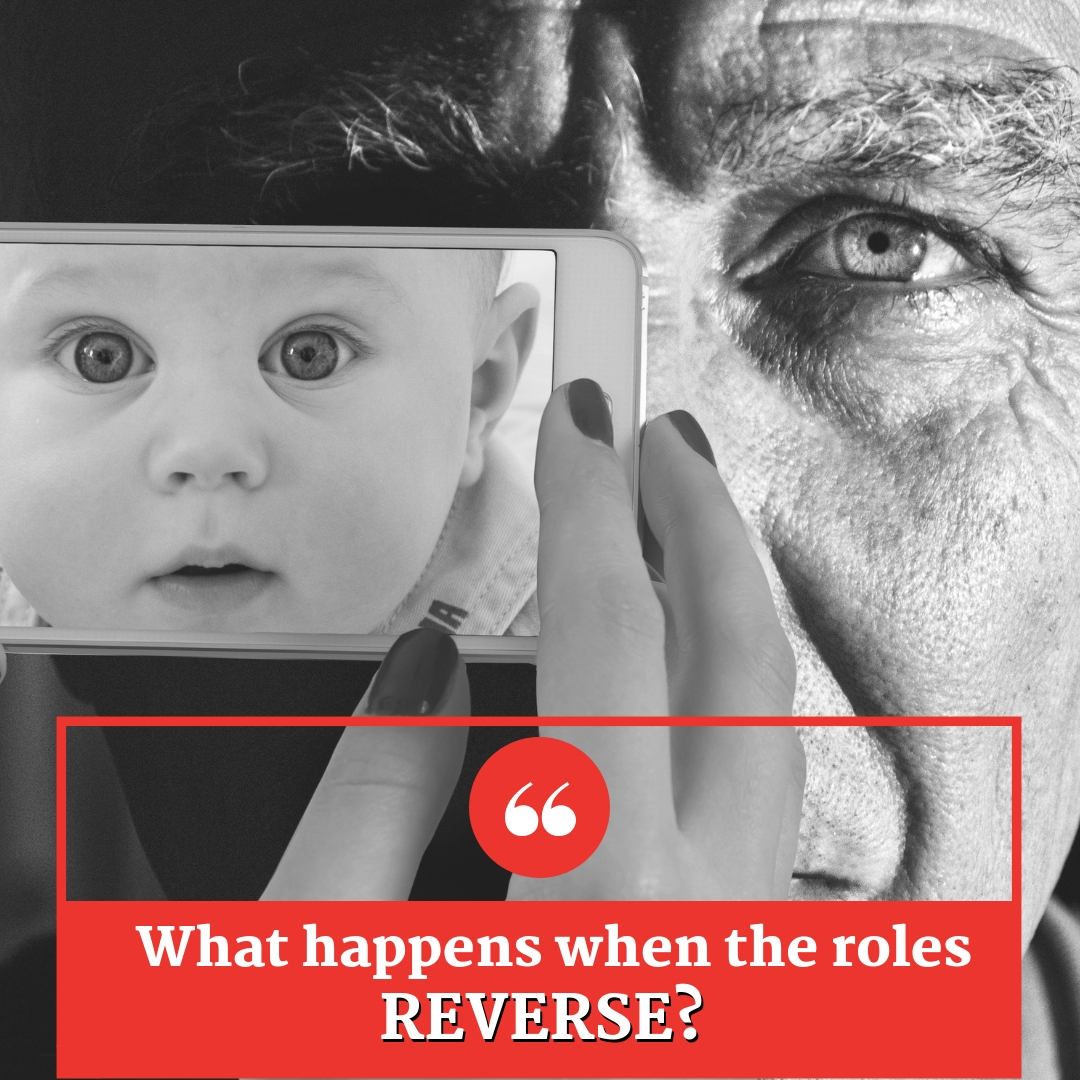Perashat Vayehi 5779
Home > Rabbi's Weekly Message > Perashat Vayehi 5779
Perashat Vayehi 5779
Friday, December 21, 2018 "Swear to me!"
"Swear to me!"
Yaakov Avinu pleads with his son Yosef to be buried in the Land of Israel, "Please...If I have found favor in your eyes...do kindness and truth with me. Do not bury me in the Land of Egypt. Let me lie with my fathers!"
I am always struck by the urgency of this conversation. I imagine the pleading tone of Yaakov as he begs the son who has the power to grant him his request. As he apologetically tells his son hat it wasn't his choice to bury Rachel outside of Maarat Hamachpela and asks him not to hold it against him. Powerful stuff.
However, there is another element to this snapshot that I want to draw attention to: the shifting and evolving nature of roles in a household. When we are born, no matter how successful we later prove to be, we are all the same, helpless. We are at the mercy of two people who may never have even had a child before. They have no idea what they are doing, but the love of parents is so strong that they figure it out. They do all that they can to ensure that their beloved child has everything it could ever need, and a lot of what it can ever want. They soothe and patch bruised knees and egos. They laugh with us in the good times and cry alongside us for the bad. They practically give their very bodies to us, their children. Their shoulder is there for us to cry on. They give us a hand with our homework, guidance or a mortgage. Their arms are there to wrap around us in an all-encompassing hug of deepest love. Their heads think largely of our problems, potential partners and future. Their time at work or home was spent making our lives better. There wasn't a problem they couldn't make better, if only slightly. Even the mistakes they made were made with the love inherent in best intentions.
They were after all, larger than life.
Until they aren't.
Until the baton is passed. Until they shrink, grow weaker, and need to reach out to us, to ask us for our help with a problem, potential second partner and future. How do we act when we become parents, not of our children, but of our parents? What happens when the roles reverse?
When they need something, do they need to beg us? Must they plead with us to do what means so much to them? Are we just too busy?
Many times dealing with aging parents is complicated. It carries personal costs. For Yosef this meant not only fighting with a boss, it meant fighting with a king, King Pharoah! It might be complicated, but are they not worth it? We were also inconvenient and complicated, and yet they were there for us. They ran to us when we cried out. They would have fought the world for us. We owe them the same commitment.
If only our response would always be like Yosef, "I will personally do as you have asked!". He doesn't hesitate. He doesn't give the job to someone less busy then himself, even though he has an entire country to run. Are we busier than Yosef?
I think this lesson is taught to us most profoundly through Yosef specifically. Sometimes people say, "My dad wasn't there for me growing up. I had to grow up alone. It wasn't easy. You know how hard my life was? Do I still need to show him respect?" Yosef hadn't seen his father from the day he was 17 for 22 years. He was sold by his brothers. He became a slave and then languished in prison. Whether it was his fault or not, he wasn't there.
He could have held that against Yaakov, but he didn't. Even if a parent wasn't as present for us as they could have been, they still got us here. They are still the reason we exist. We owe them everything.
Maybe a good idea would be to tape this to our fridge as a constant reminder of how to respond to our parent's requests, "I will personally do as you have asked!".
Shabbat Shalom!
Rabbi Shlomo Farhi
Feb 6 2026
Shebat 19 5786
